AI Answer Evaluation Platform Live Now. Try Free Answer Evaluation Now
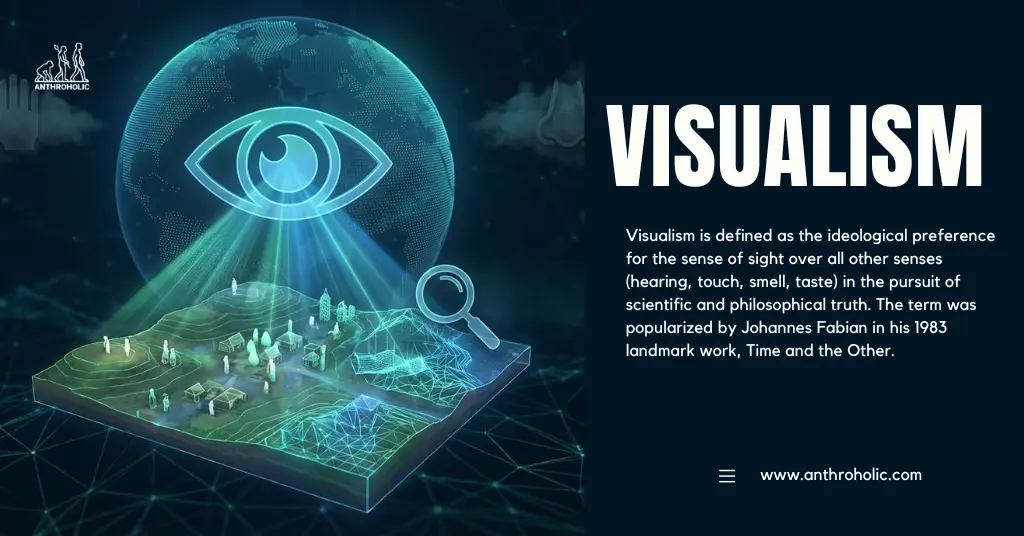
Visualism
In the realm of anthropology, this reliance on the optical has a name Visualism. It is not merely the act of looking
+91-7303290503, +91-9557169661 | MON to SUN 10:00 AM - 6:00 PM
Social and Cultural Anthropology is the study of human societies and cultures, including their beliefs, practices, and social organization. This category covers topics such as religion, economics, politics, and family, as well as the study of cultural diversity and globalization. From exploring the rich diversity of human cultures to understanding the complex social and cultural systems that shape our world, learn about the fascinating field of social and cultural anthropology.

In the realm of anthropology, this reliance on the optical has a name Visualism. It is not merely the act of looking

In traditional social science, objects were often relegated to the background mere tools or "props" for human action. However, Actor-Network Theory (ANT)

Marriage among tribal societies is not a single, uniform
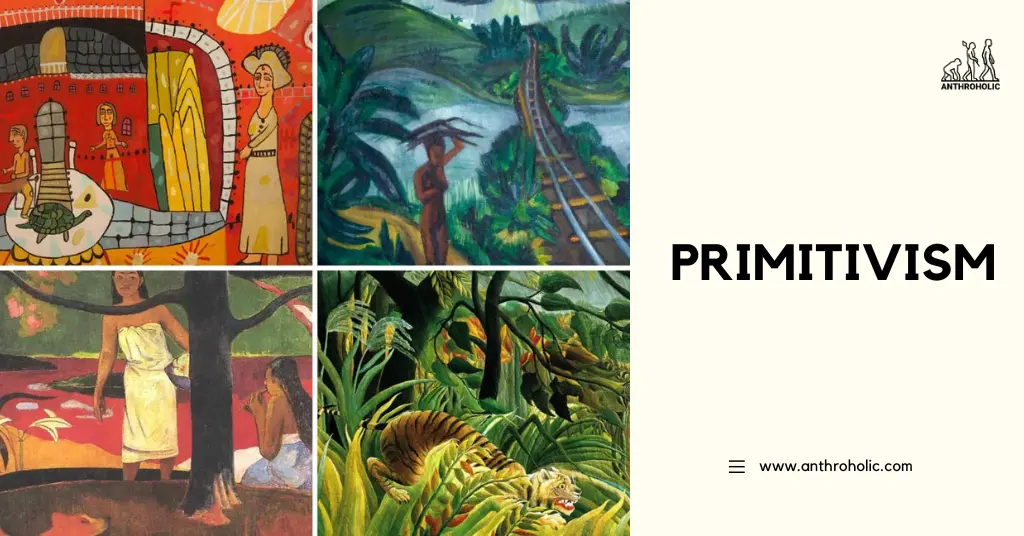
In a world increasingly dominated by digital saturation, urban congestion, and ecological crisis, the concept of Primitivism has experienced a powerful resurgence.
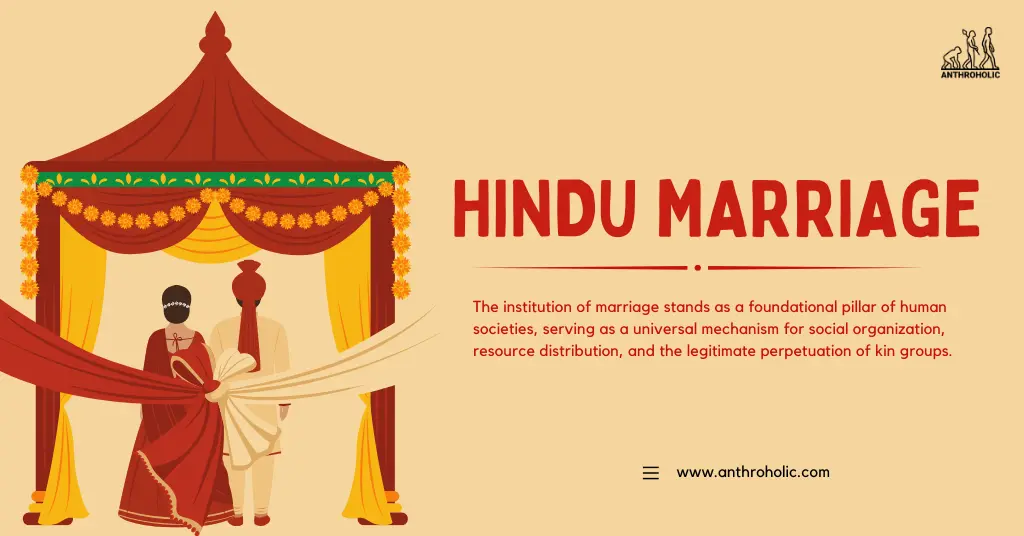
The institution of marriage stands as a foundational pillar of human societies, serving as a universal mechanism for social organization, resource distribution, and the legitimate perpetuation of kin groups. Yet, the specific rituals, laws, and meanings woven into this bond…

The choice of spouse the deliberate selection of a lifelong

Human marriage systems, far from simply being personal or familial contracts

For many across the world, the idea of black magic evokes fear, suspicion, and moral conflict. But far from being a relic of superstition
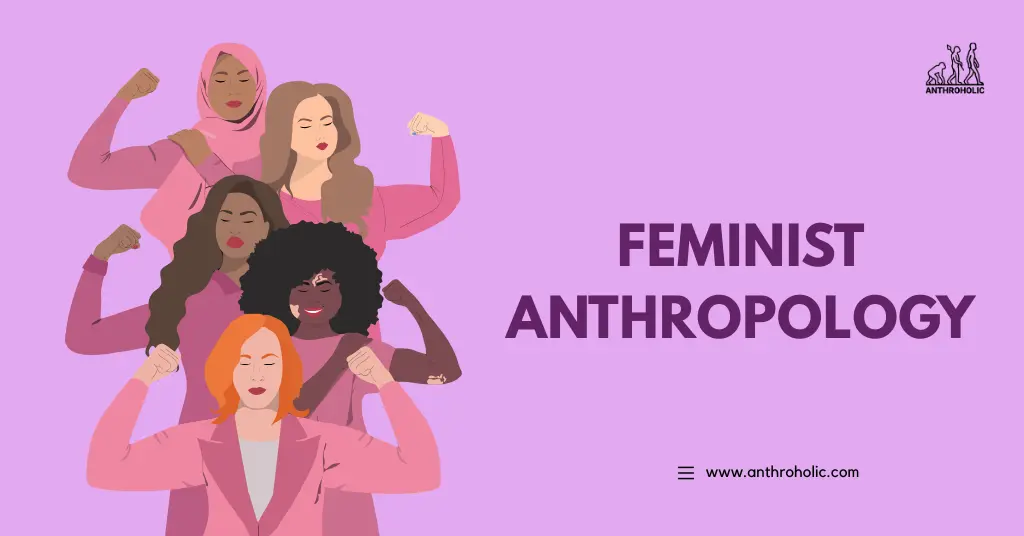
Have you ever considered how the very fabric of human knowledge the stories we tell, the histories we write, and the social structures we analyze
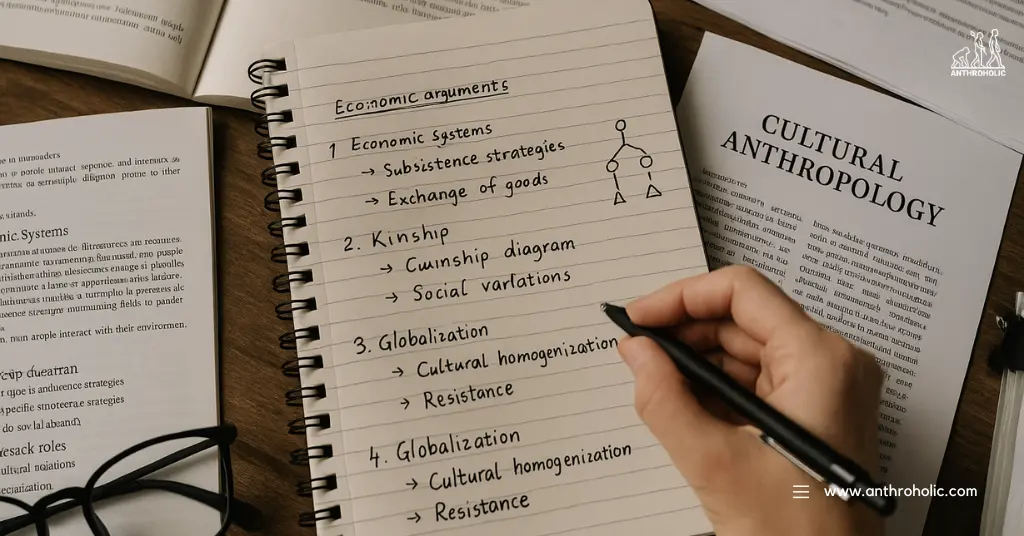
Learn how to structure clear and persuasive arguments in cultural anthropology papers. Discover tips on thesis building, evidence use, and balancing theory with data.

The way humans have cared for their newborns tells a deeper story about culture, survival, and adaptation. In early human societies,

Gender issues are problems that come up when people are treated unfairly just because of their gender. Think about situations